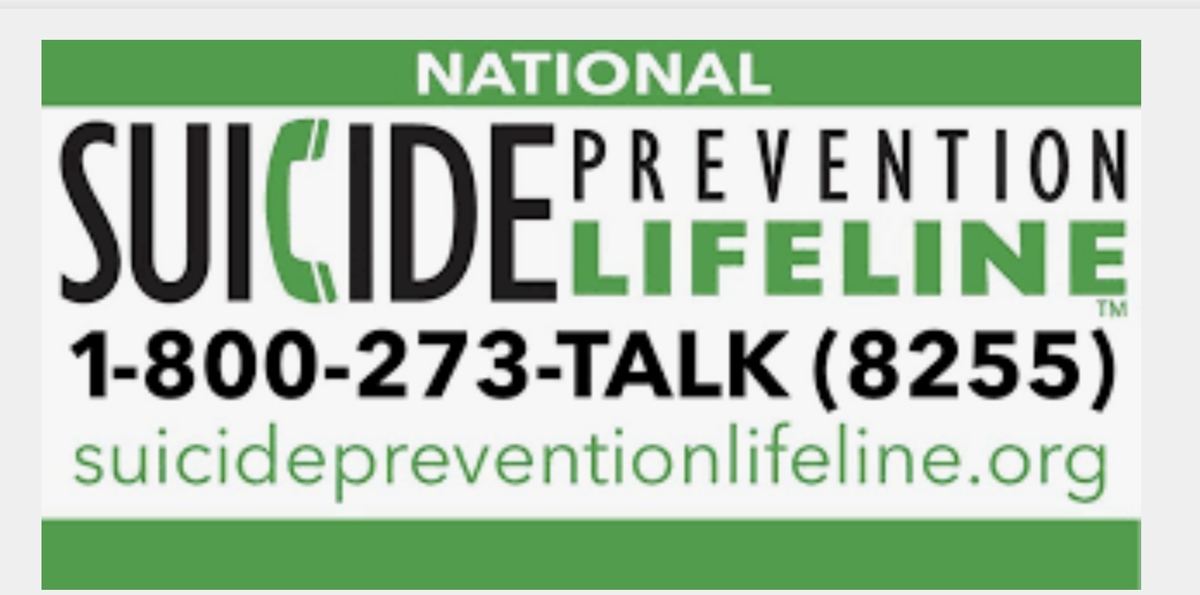State officials are trying to stave off what they fear could be a spike in suicides, possibly linked to the pandemic and the depression that can go along with that.
Health Director Cara Christ acknowledged Thursday she has no hard figures on suicides since the pandemic began. That’s because she said it takes six months for her agency to get death certificates.
But Gov. Doug Ducey said the indications are there.
“According to a study in the Journal of the American Medical Association, Americans reporting symptoms of depression registered a threefold jump compared to before the pandemic,” he said at a news conference Thursday at a high school in Chandler.
The U.S. Centers for Disease Control and Prevention found that more than one out of every 10 adults reported thoughts of suicide in the past 30 days, more than double the number from two years earlier, Ducey said.
“Many of them are struggling during this time of increased isolation and heightened stress,” he said. “And we must be there for them.”
Some groups are more vulnerable, including seniors, veterans and young people, the governor said.
Parents, students, teachers and other concerned citizens protest in support of in-person teaching outside the Pima County Administrator’s Office at 130 W Congress Street on Tuesday evening, Sept. 9, 2020. (Josh Galemore / Arizona Daily Star)
Christ said Arizona already had a problem before the pandemic. She said a survey of teens produced some “alarming insights” about the issue.
For example, she said that 40% of those surveyed in grades 9 through 12 said they felt so sad and helpless almost every day for at least two weeks in a row that they stopped doing some usual activities. That is higher than national estimates, Christ said.
It doesn’t stop there.
She said nearly 21% of high schoolers surveyed indicated they had contemplated suicide, 16% said they had made a plan, 10% said they attempted to kill themselves, and 4% said that attempt resulted in an injury that required medical attention.
Even before youths get to high school, it’s an issue: Suicide is the leading cause of death in Arizona of children ages 10 through 14.
“As a mother, this information is worrisome,” Christ said.
Suicide is not just an issue for youths, several speakers at the news conference noted.
Veterans account nationally and in Arizona for 18% of total suicides, twice their share of U.S. population, said Wanda Wright, director of the state Department of Veterans’ Services.
The risk of suicide for veterans in Arizona is three time higher than for non-veterans — and four times higher for older veterans, Wright said.
State schools chief Kathy Hoffman and Jami Snyder, director of the Arizona Health Care Cost Containment System, detailed some of the programs being offered to provide mental health counseling, many of them through schools.
Ducey said the state put $20 million in the budget last year for additional guidance counselors. But schools also can use that money for social workers and school resource officers, the latter category made up of police officers stationed at schools.
The governor did not dispute that, even with that funding, Arizona has among the highest ratios of students per available guidance counselor. He said, though, the dedicated dollars are a major investment in a state that several years ago had a $1 billion deficit.





